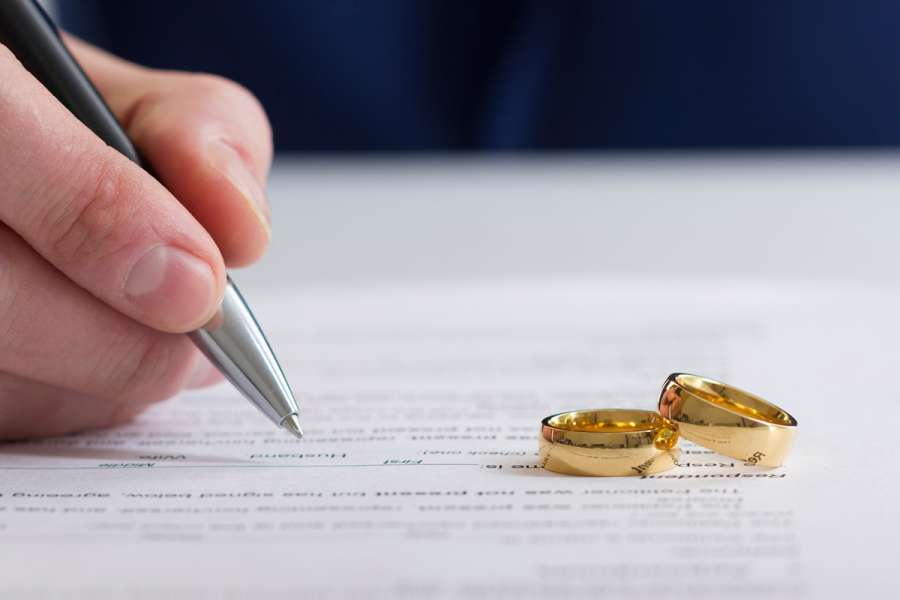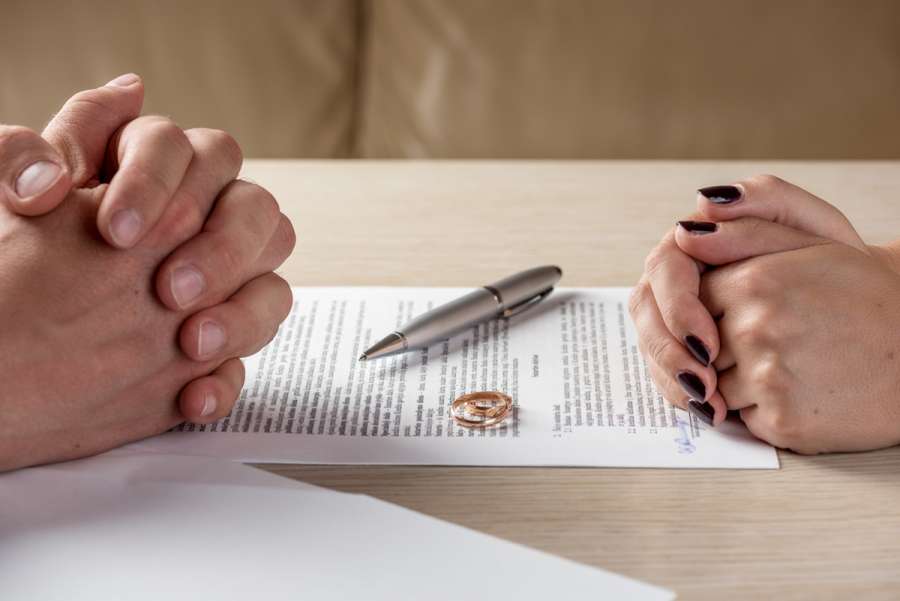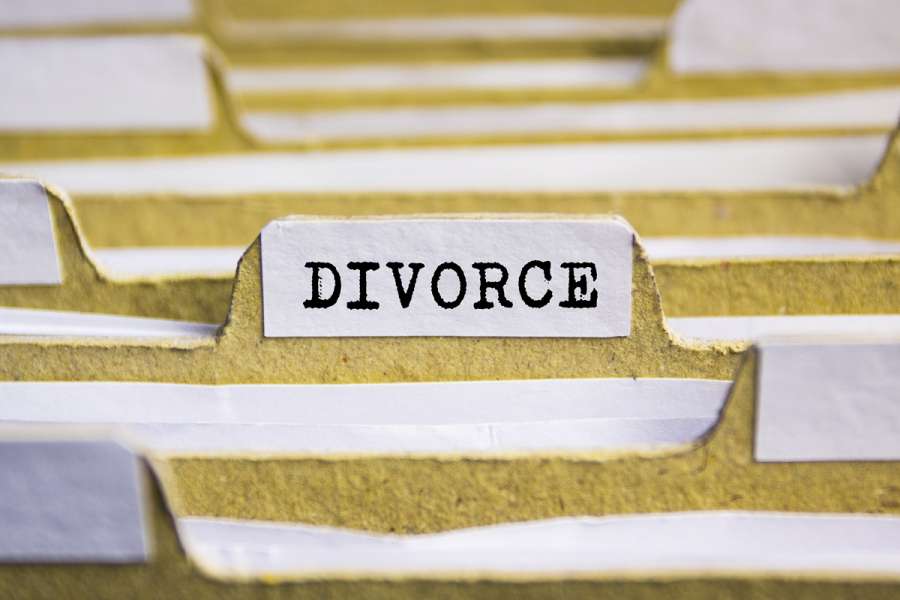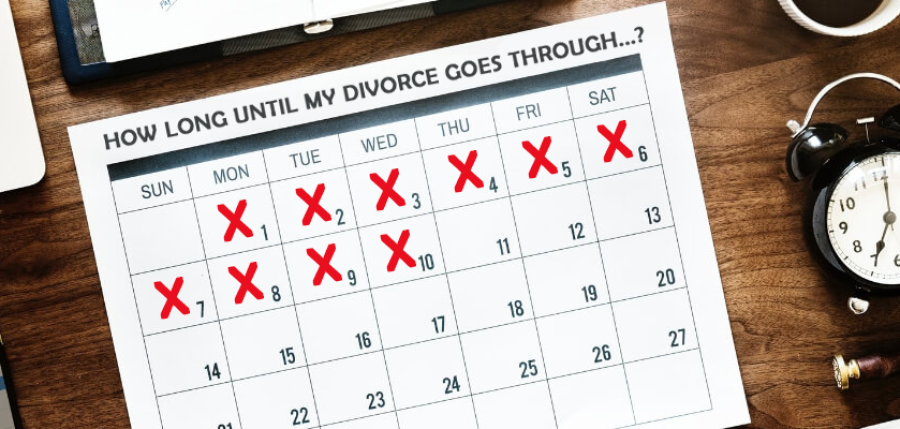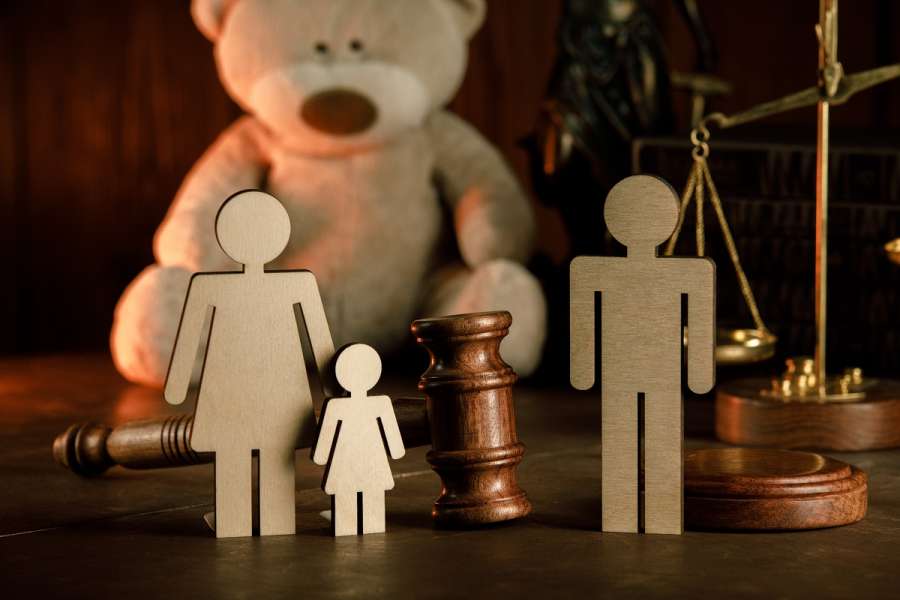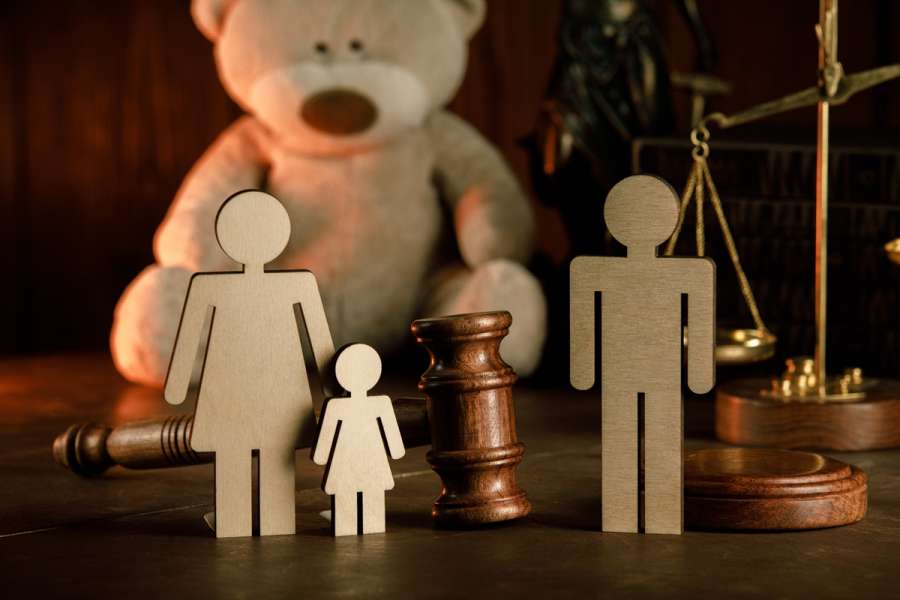Court attendance may be necessary if you and your spouse cannot agree on matters such as finances or arrangements for children.
However, going to court should be seen as a last resort, and an experienced divorce lawyer will only proceed to this stage when all other means to reach an agreement have been exhausted.
Mediation should be considered if it is suitable, and the family team at Myerson can recommend accredited mediators who can assist you with working out the best options for settlement.
In mediation, an accredited family mediator will act as a neutral third party and facilitate discussions about how to reach a mutually agreeable solution.
Although mediation is the most common form of alternative dispute resolution (ADR), there are a range of other options including arbitration, collaborative law and private financial dispute resolution.
The collaborative divorce process involves parties sitting down in the same room with their collaborative lawyers to try and work things out face to face instead of exchanging letters.
Mediation and collaborative law can promote communication and encourage co-operation between parties to remove the stress and anxiety of court proceedings.
Arbitration and private hearings can take place in a more suitable venue in surroundings more conducive to promote settlement discussions with a judge who is able dedicate the whole day to the case. This can help to reduce stress by allowing parties more time.
Our team are all members of Resolution, an organisation of family practitioners committed to helping separated couples resolve matters constructively to avoid unnecessary conflict.




